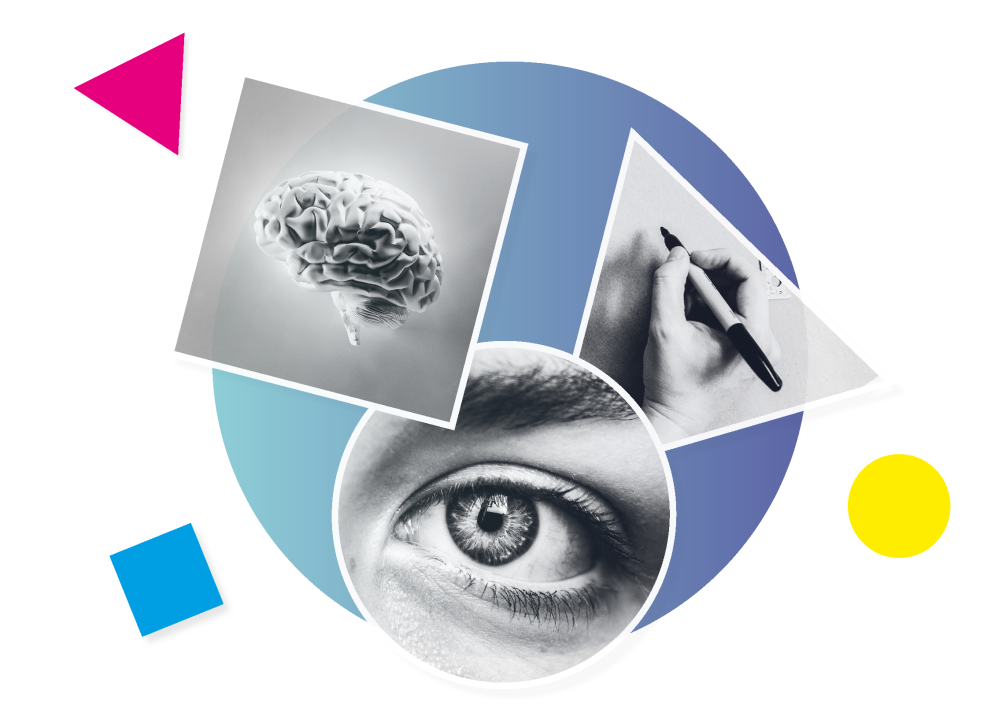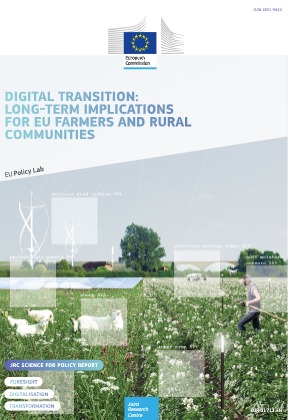Successfully managing the green and digital transitions is a crucial factor that could increase the resilience and strategic autonomy of the EU and shape its future. Yet digitalisation of agriculture and rural areas raises vital questions about winners and losers, costs, benefits, and long term implications.
This foresight exercise explores the interplay between digital transition, policies and the resilience of the agricultural sector and rural areas, against the backdrop of potential disruptive and transformative changes. The report presents the outcomes of this exploration, proposing building blocks for an effective EU digital transition strategy for agriculture and rural areas supported by a hands-on policymaker’s toolkit
The blog post reveals the goals and steps of the foresight process and explains how visioning can support transitions.



